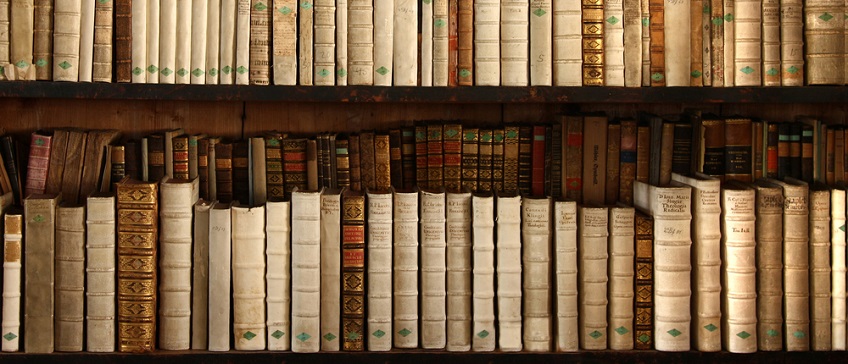
ENGLISH LANGUAGE and LITERATURE BACHELOR DEGREE
Level of Qualification
This department, in higher education in the field of English Language and Literature, is subject to a 130 credits degree system.
Once the programme is successfully completed and the programme qualifications attained, an Undergraduate degree is achieved in the field of English Language and Literature.
Programme Learning Outcomes
The ability to apply knowledge of English and world literature and social sciences to topics including culture, society, ethics, politics etc.
The ability to review, analyse and apply the relevant literature
The ability to carry out interdisciplinary reading and analysis.
The ability to utilise the basic concepts and issues of literary theories in developing life strategies.
Awareness of professional ethics and responsibility.
Effective communication skills.
A sufficiently broad education to understand the global and social impact of literary movements.
An awareness of the importance of lifelong learning and the ability to put it into practice.
A knowledge of issues in contemporary literature and of the cultural issues of the period.
The ability to use sources and modern tools in order to carry out research in the areas of literature and aesthetics.
Identified Programme Outputs
The programme outputs of the curriculum designated according to the educational purposes are listed below. The correspondence between each programme output and their respective FEDEK criterion are stated in the parenthesis.
The programme outputs are determibed by our department’s Academic Board according to FEDEK criterion.
PO1. The skills of practicing the knowledge gathered by English and World Literature and Social Sciences into cultural, social, ethical, esthetical, political topics.
(I, II, III, IV, VI, VII, IX, X, XI)
PO2. The skills of literature review, analysis and interpretation (I, II, III, V, VI, VII, VIII, IX, X, XI)
PO3. The skills of interdisciplinary reading and interpretation (II, III, IV, V, VI, VII, IX, X, XI)
PO4. The skills of using the foundational topics and concepts of literary theories in the improvement of life strategies (I, II, III, VI, VII, IX, X, XI)
PO5. Professional ethics and the sense of responsibility (I, II, III, IV, V, VI, VII, VIII, IX, X, XI)
PO6. The skills of active communication (V, VII, VIII)
PO7. An extensive education which is required to understand the effects of literary movements in universal and societal dimensions (II, IV, V, VI, VII, XI)
PO8. An awareness to the necessity of continuous learning throughout life and the skills to fulfil this end (IV, V, VI, VII, IX, X, XI)
PO9. Having the knowledge on contemporary literary topics and the contemporary age’s cultural problems (II, IV, V, VII, IX, X, XI)
PO10. The skills to use the required materials and modern tools to research in literature and aesthetical domains (III, V, VI, VII, IX, X, XI)
